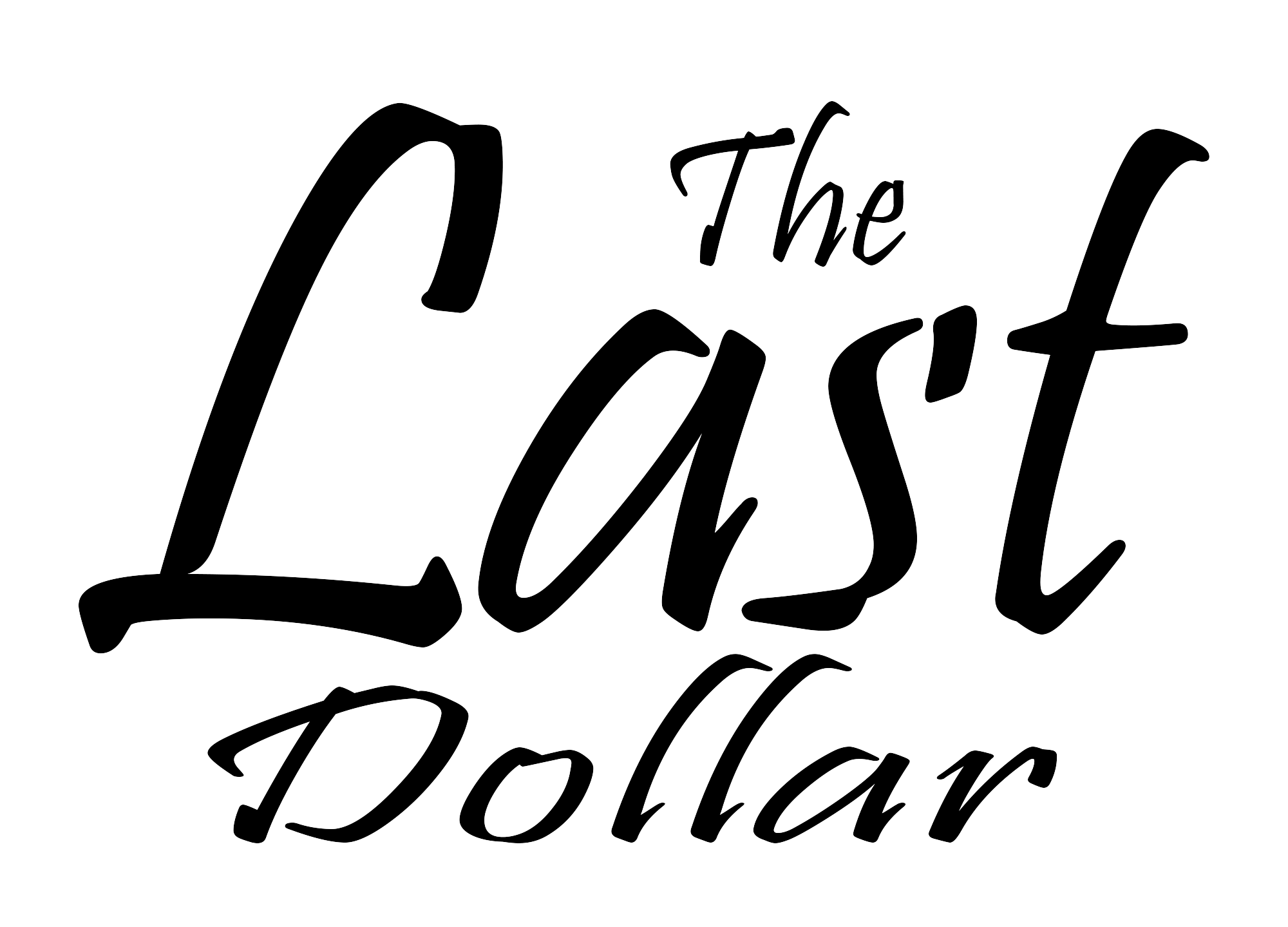Life has a way of throwing curveballs when you least expect it. One moment, everything might be going smoothly, and the next, you could find yourself dealing with an unexpected car repair, a sudden job loss, or a medical emergency. While it’s impossible to predict the future, one thing is certain: having emergency funds can provide the cushion you need to weather those unexpected storms.
So, how much should you save for emergency funds? And why is it essential in the first place?
Why an Emergency Fund is a Must
Imagine this scenario: You’re cruising through life, bills are getting paid, and you feel secure in your routine. Then, the unexpected happens. Maybe your car breaks down, or you are out of work for a few months. Without an emergency fund, this could quickly spiral into a nightmare. You might end up relying on credit cards, loans, or borrowing from family, which can lead to financial stress and more problems.
An emergency fund provides a safety net, giving you peace of mind and the ability to handle surprises without derailing your finances. It’s not just about covering the bills; it’s about having the emotional and financial stability to respond when life takes a turn.
So, How Much Should You Save?
This is the tricky part because everyone’s situation is different. There isn’t a one-size-fits-all answer, but here’s a general idea to guide you:
- Basic Rule of Thumb: Most financial experts recommend saving three to six months of living expenses. This is a good starting point because it can cover you in case of a job loss, medical emergency, or other large unexpected expenses.
- Tailored to Your Needs: But let’s get real for a second. Your needs might differ depending on your life stage and personal circumstances. Are you single with no dependents? Or are you supporting a family? Do you have a steady job, or does your income fluctuate? If you’re in a high-risk job or industry, you might want to aim for the higher end of the spectrum. You might want to save a bit more if you’re already dealing with many fixed expenses.
- The Gap Between Your Income and Expenses: Consider how long it would take for you to find a new job or replace your income in case of an emergency. If you’re self-employed, you may want to aim for six months of savings just to be safe.
What Counts as an Emergency?
It’s easy to think of emergencies as big events like losing your job or dealing with a health crisis. However, emergencies can also be more minor, unexpected expenses that are harder to predict. Things like:
- Car breakdowns or major repairs
- Home maintenance issues, such as a leaking roof
- Medical bills insurance doesn’t cover medical bills
- Unexpected travel, like needing to visit a sick family member
Not everything unexpected will require an emergency fund, but if something would set you back financially significantly, it’s worth considering.
How to Start Building Your Emergency Funds
Let’s face it: starting emergency funds can feel overwhelming, especially if you’re just starting out or already juggling other financial priorities. But it’s not about saving everything at once — it’s about building small steps into something sustainable.
- Start small: If three to six months of living expenses feel like a mountain, aim for a smaller goal first. Even $500 or $1,000 can make a massive difference in the short term.
- Automate your savings: Set up an automatic monthly transfer from your checking account to a savings account. Even if it’s just $50 or $100, over time, it adds up without you needing to think about it.
- Use windfalls: Tax refunds, work bonuses, or gifts from family can be a great way to boost your emergency fund. Instead of spending that extra cash, put it into your savings.
- Cut back where you can: If you’re struggling to save, consider temporarily reducing non-essential spending. A little less takeout or fewer shopping trips could free up some funds to build your emergency reserve.
The Peace of Mind That Comes With Being Prepared
We don’t plan for emergencies and don’t always know when they’re coming, but knowing you’ve got that safety net in place can change everything. It’s like having an invisible shield against life’s unpredictable moments.
When you have an emergency fund, you’re not just saving money but saving yourself from unnecessary stress. You’re also giving yourself the freedom to make better decisions in tough situations. Maybe that job loss isn’t as terrifying when you know you can cover rent for a few months. Or perhaps that unexpected medical bill becomes another hurdle you can jump over rather than an insurmountable wall.
At the end of the day, the real value of an emergency funds isn’t about the amount you have saved up — it’s about knowing you’re ready for whatever life throws your way. It’s a bit of financial security, but it’s also peace of mind that no price tag can match.
Life can be unpredictable, but with an emergency fund, you’ll be in a better position to handle it with confidence and calm. And that’s why it’s essential.
Discover our expert blogs for insightful tips on managing your personal finances effectively! Also, don’t forget to follow us on X.












